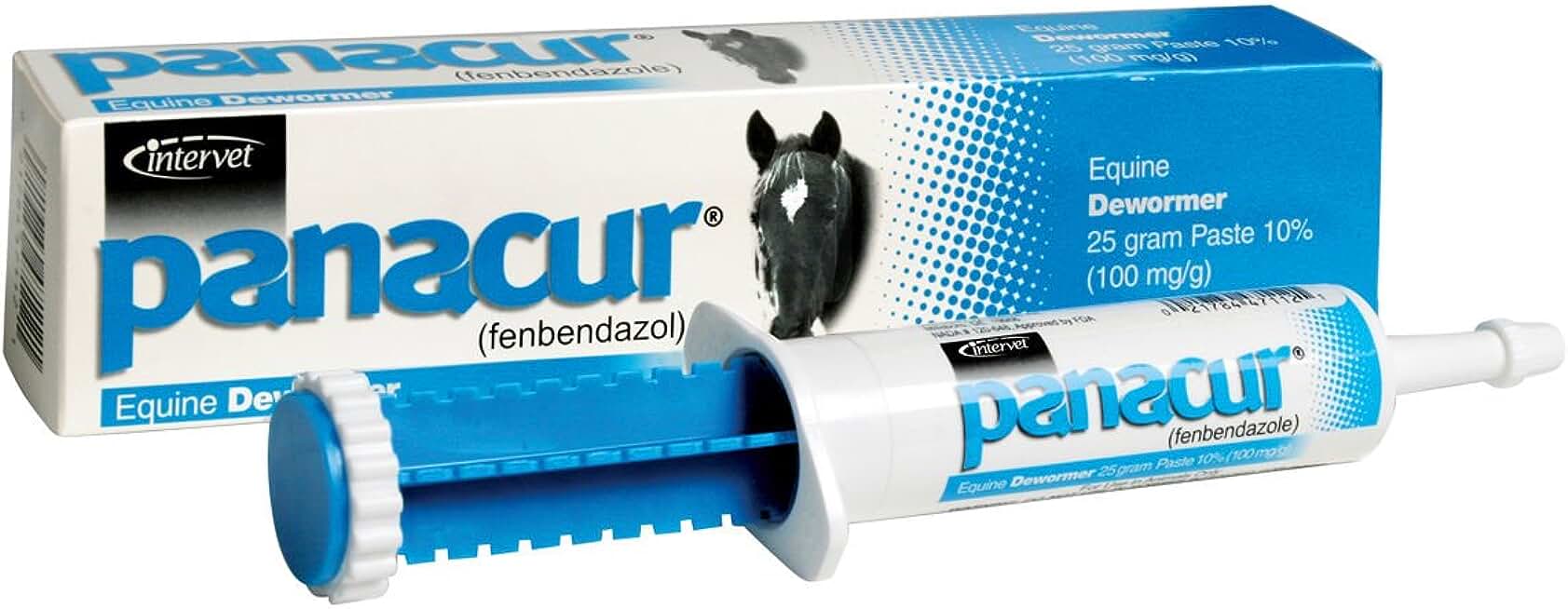Fenbendazole 222mg Capsules For Humans
Fenbendazole (FZ) is a member of the benzimidazole carbamate family of antihelmintics and has been used safely for six decades. It inhibits tubulin assembly, which prevents microtubule dynamics and blocks cell-cycle progression.
It also binds with glucocorticoids to weaken them and inhibits their action, and limits the uptake of glucose by cancer cells. Combined with quercetin, it further starves cancer cells by blocking their ability to take up glucose and promotes the growth of healthy cells.
Antihelmintic
Fenbendazole is a common anti-parasitic medication used by veterinarians to treat intestinal parasites in animals like horses and pigs. The drug belongs to a class of medications known as benzimidazoles, and it has been safely used for six decades.
While most people are familiar with the medication as a dog dewormer, it has also been reported to be an effective cancer treatment. The Joe Tippens Protocol, a method of treating cancer that focuses on the use of anthelmintics, is named after a man who survived his lung cancer using the medication.
Fenbendazole is taken by mouth and comes in tablet form. It is typically given for five days in a row, and the dosage depends on an animal’s weight. Some animals require higher doses than others. It is important to note that the medication should be given with food to reduce gastrointestinal side effects. Those who are concerned about taking too much of this medication should speak with a physician.
Anticancer
Originally designed to treat parasites, fenbendazole has been shown to exhibit cancer-fighting properties in cell studies. It works by binding to -tubulin and causing microtubule degradation. This inhibits cellular growth and causes cancer cells to die. It also interferes with glucose absorption by cancer cells. This is known as the Warburg effect. Cancer cells use glucose 200 times faster than normal cells. This can be seen on PET scans as metabolically active areas.
Joe Tippens’ protocol recommends taking 222 mg of fenbendazole per day for seven days a week, in addition to a diet rich in vitamins and minerals. It is recommended to take fenbendazole with curcumin and vitamin E.
Like other drugs in the benzimidazole family, fenbendazole is not excreted by P-glycoproteins, which allows it to penetrate cancer cells and kill them. This makes it a potential alternative to chemotherapy drugs that lose their effectiveness as chemo-resistance develops. In addition, it may make tumors more sensitive to radiation therapy.
Antifungal
Fenbendazole is a medication used to treat parasitic worm infections in animals. It is a member of the class of drugs called anthelmintics and is commonly used to treat hookworms, roundworms, whipworms, and tapeworms. It has also been shown to have antifungal properties. It kills the fungus and prevents it from growing.
In a mammalian cell model, fenbendazole affected several growth-related processes of C. neoformans and C. gattii, including inhibition of intracellular proliferation and reduction of phagocytic escape through vomocytosis. It also deeply affected capsule formation in both species, as illustrated by morphological analysis of vehicle (control) and drug-treated cells.
In addition, fenbendazole has low toxicity to mammalian cells. It can be administered orally or topically, and can be formulated into various forms for use in horses, pigs, dogs, and cats. It has been prescribed as part of the Joe Tippens Cancer Protocol, and is sold as Panacure C from Merck Animal Health.
Antiparasitic
Fenbendazole works by inhibiting the production of microtubules in parasitic cells. This causes the cell to break apart and die. It is also effective against hookworms, whipworms, and certain tapeworms in dogs. This medication can be administered orally or topically and is available as a powder in packets of one gram each, equal to 244 mg.
The anthelmintic medication is used to treat worms in livestock, pets, and crops. It has a wide safety margin and is generally well-tolerated by most animals and humans at regular doses. It also has a low toxicity risk in laboratory animals.
In 2008, scientists were shocked to find that a group of mice treated with fenbendazole did not develop cancer in a lab. Later, researchers discovered that the drug suppresses tumor growth in human cell culture. It has been shown to be an effective cytotoxic agent against many different cancers. It can also prevent the cellular accumulation of glucose, which is often seen on PET scans.fenbendazole 222mg capsules for humans

